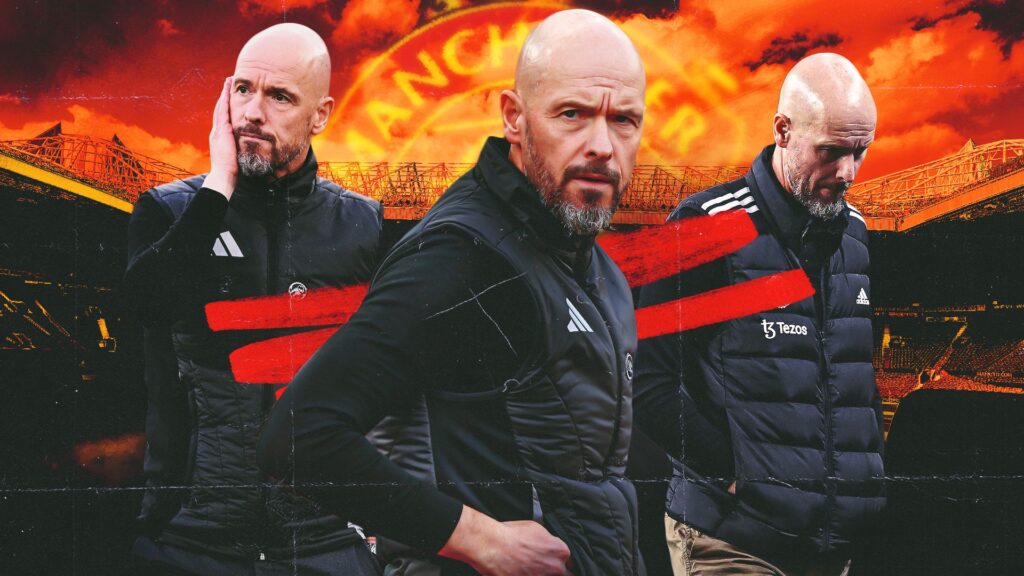As anyone who has been in a doomed relationship will be able to tell you, once you have start to have doubts, it’s best to end it there and then. And that is what Manchester United should have done with Erik ten Hag. Instead, they stalled on the biggest decision affecting the club until they were left with no choice after the infuriating defeat by West Ham. Rather than sacking the Dutchman in May after he had presided over the team’s worst season in Premier League history, they decided to wait until Monday, leaving them scrambling around to find a permanent successor before the crunch Premier League game against Chelsea on Sunday.
There were numerous points last season when, in any other circumstances, the manager would have been sacked. Like in September 2023, when United were beaten at home by Brighton and then Crystal Palace. Or in October, after successive 3-0 home defeats by Manchester City and Newcastle. Or perhaps in December, when they were humiliated 3-0 by Bournemouth and exited the Champions League at the group stage.
Circumstances were on Ten Hag’s side in each of those occasions, though, as the club was in ownership limbo while Sir Jim Ratcliffe negotiated the purchase of his minority stake, which was announced on Christmas Eve and then fully approved in February. United’s results slowly picked up at that point, but they unravelled again towards the end of the season, culminating in the crushing 4-0 defeat by Crystal Palace.
That was when Ratcliffe and his INEOS colleagues began to seriously consider changing manager, reaching out to Kieran McKenna, Thomas Frank and Thomas Tuchel. But, influenced by United’s shock FA Cup final win over Manchester City, they bottled it, giving Ten Hag another opportunity to put things right and triggering the one-year extension in his contract.
Not wanting to admit to their mistake was clearly a big factor in United’s hierarchy showing more patience with Ten Hag after the dreadful 3-0 defeats at home to Liverpool and then to Tottenham to start the current campaign. The conclusion they have since come to is the right one, and you could say it’s better late than never. But they have paid a heavy price for their indecision.
